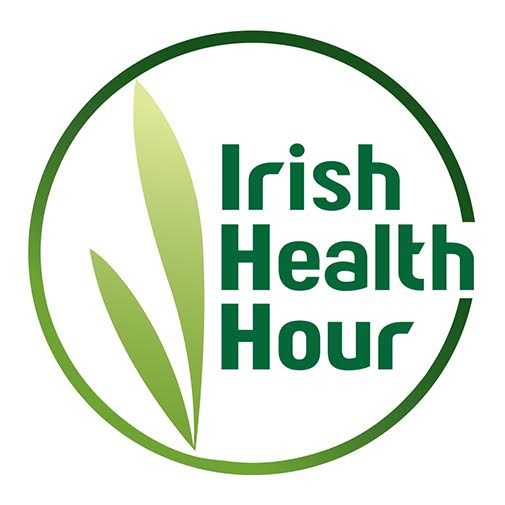Recognising Depression in Older People
Guest blog post by Alice Lucey Direction of Be Independent Home Care an Irish company that provides one-to-one assistance and support to elderly clients in their own homes to help them maintain their independence and individuality.
Life can be a struggle for us all, but elderly people are more susceptible than most to feelings of depression. They might mistakenly believe that feeling sad is an inevitable consequence of old age, or they might conceal their anguish for fear of upsetting children and grandchildren.
Sometimes, they might want nothing more than to tell someone but have nobody to tell because they feel so isolated.
This infographic from Be Independent Home Care offers an educational perspective on detecting warning signs of depression in older people and recommending actions that can be taken to deal with the problem effectively. Overcoming depression is often a joint effort between the older person and a family member or counselor. Indeed, a lot of the burden could be removed simply by more regular interaction with people they trust.
Adults with young children and full-time jobs may have precious little spare time, but it’s important to find some bit of time to commit towards elderly parents, especially if they feel depressed and isolated. The more interaction we have with them, the more likely it is that we would spot any signs of possible depression and act upon these so that we can work together to tackle the problem.

